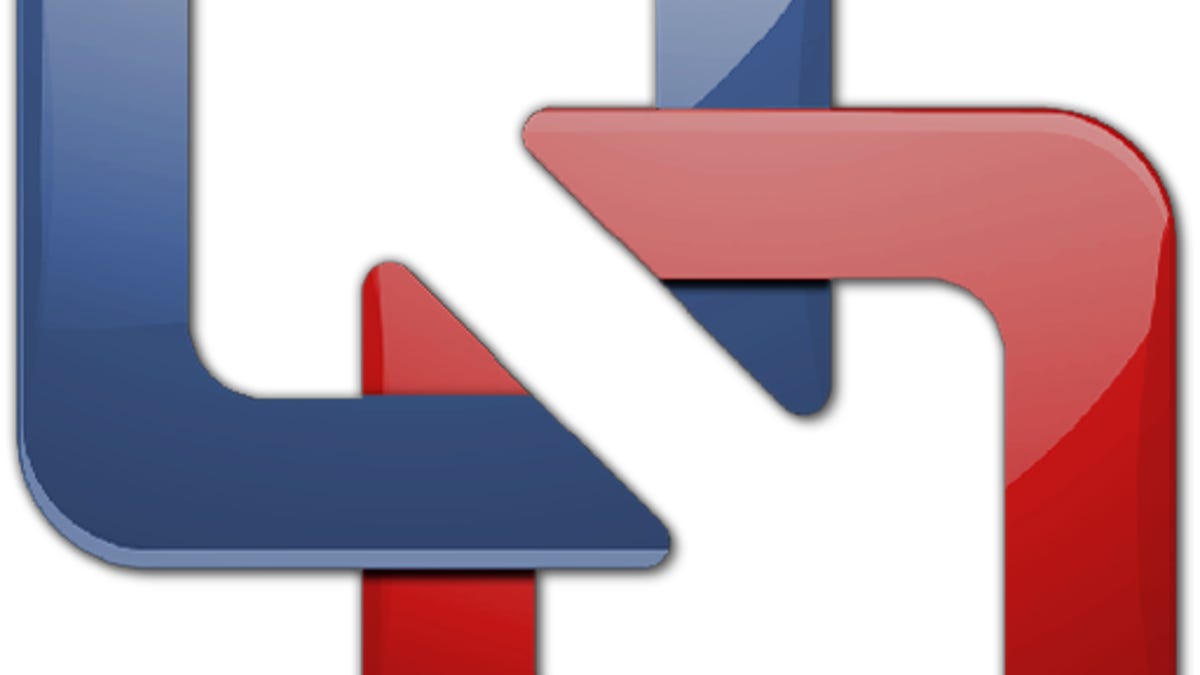VMware 4.1 lifts block on Snow Leopard Client virtualization (updated)
VMware Fusion 4.1 allows you to run OS X Snow Leopard Client and therefore PowerPC applications in Lion; however, this may change.

Recently VMware released version 4.1 of its Fusion virtualization software for OS X, which in addition to offering a number of bug fixes and speed improvements has lifted its restriction on virtualizing the Client version of Snow Leopard.
In the past, and as is the case with other virtualization options, when you tried to install Snow Leopard or another operating system that is restricted from virtualization by its EULA, Fusion would issue an error message notifying you of this restriction. Now VMware appears to have changed this so its software only requests that you abide by the operating system's EULA, but does not prevent you from installing Snow Leopard if you choose.
In essence, VMware Fusion now puts the responsibility of abiding by Apple's EULA on its customers, instead of imposing its own restrictions. When I contacted VMware, the company issued a statement saying that it could not comment on this development at this point in time (It has since mentioned this happened in error--see below).
With this setup, it is possible to run Snow Leopard within Lion and thereby run applications like Quicken 2007 that require the Rosetta PowerPC-to-Intel translator (which Apple removed from OS X in Lion). While this development is welcomed by many who have been looking for a method of running PowerPC applications on Lion systems, is it here to stay?
Apple has historically been very restrictive as to how its operating system is used, and the Snow Leopard EULA specifically prohibits virtualizing and installing it on non-Apple hardware. While the community of independent "Hackintosh" hobbyists has been able to skirt Apple's legal team, the company has been fairly active in addressing commercial products that have made breaking the EULA easier.
After Apple's switch to Intel chips, companies like Psystar began making hardware options for running OS X on non-Apple systems, but Apple put a halt to these efforts with legal action.
Additionally, Apple's public relations department takes steps to prevent violation of its EULA. When Oracle released version 3.2 of its VirtualBox software, it temporarily gained the ability to virtualize Snow Leopard Client, which I briefly discussed here on MacFixIt. However, at Apple's request and in accordance with Snow Leopard's EULA, VirtualBox was changed to no longer support Snow Leopard Client, and I changed my article's focus to discussing the Server variant of the OS.
These past actions from Apple suggest that this recent development in VMware's software may cause a stir in Cupertino. Even though Apple has moved past Snow Leopard, it still adheres to its EULA and may attempt to influence both VMware and the coverage of how to virtualize its OS using Fusion 4.1. Furthermore, the Fusion 4.1 release notes do not indicate that this new functionality is an intended feature, indicating there is a possibility this development was accidental, as it was with VirtualBox.
Therefore, while this might seem like a positive step for those wishing to get PowerPC applications running in Lion, it may be best not to count on the software keeping this capability, since it could be removed in future versions of the program.
UPDATE (7:00pm, PST): In response to this news, VMWare has issued a new statement on its Fusion Blog stating, "When the license verification step was added in VMware Fusion 4.1 the server edition check was omitted."
This development was clearly a mistake by the VMWare team, and the company is preparing an update to VMWare Fusion to address the issue accordingly. For now if you have installed Snow Leopard client in VMWare Fusion, it will currently work but as we predicted it will likely not work properly in the future. It was fun while it lasted.
UPDATE (Nov 23, 5:40pm PST): VMWare has released version 4.1.1 of Fusion, which has reinstated the OS X version checking routines. Unfortunately this and future versions of the software will not boot virtual machines running Leopard or Snow Leopard client versions of OS X. VMWare has instructions on it's site for how to update these virtual machines to OS X Lion so they will boot and continue to work.
Questions? Comments? Have a fix? Post them below or e-mail us!
Be sure to check us out on Twitter and the CNET Mac forums.

